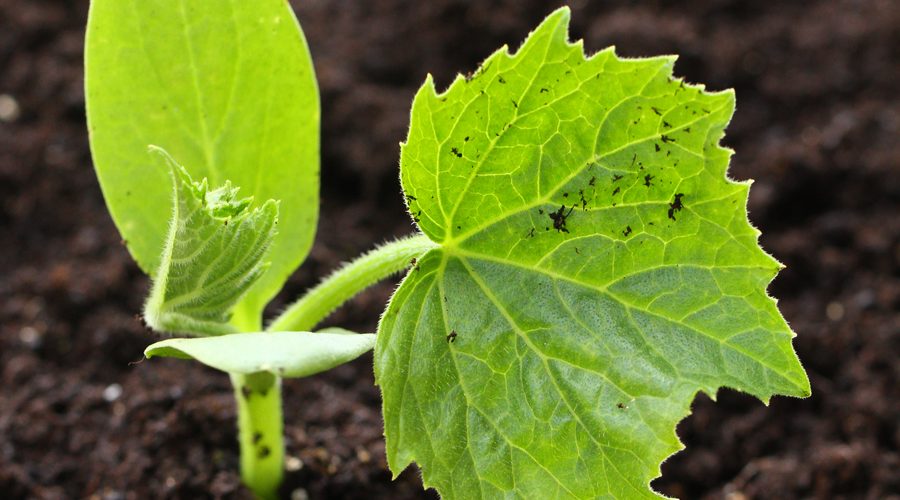A common mistake at the start of May is to hurry to plant everything out as soon as possible, but there are many veg plants that just need a little more patience so that they get off to the best start.
Why wait until mid-May?
By mid-to-late May, nights are warmer, soil temperature is warmer and strong winds have usually blown through. This makes it an altogether more friendly time for newly planted vegetables, particularly those plants that need warmer conditions.
Which plants need to wait?
It is the fruiting veg plants that you need to be careful with. These include the below:
- Sweetcorn
- Beans & Peas
- Courgette, Pumpkins & Squash
- Cucumbers
- Tomatoes
- Chillies & Peppers
- Aubergine
What if my plants arrive earlier?
If we delivery your veg plants before you feel confident to plant them outside, you can easily keep them as plugs until the weather is more stable. The best way to do this is to lie a bag of compost in a sheltered spot (eg in a greenhouse or cold frame), cut the top off to open it up and then loosely bury the root balls of your plug plants (after you’ve soaked them in water.) You can keep them like this quite easily for a week or so, just make sure you keep the compost nice and moist so that they don’t dry out. When you’re ready to plant, you can just pull them out of the compost bag and gently tease them apart at the roots if needs be.
What if I HAVE to plant out?
If you don’t have a suitable place to temporarily plant your veggies as described above, then the best thing to do is to protect the plants using a cloche. You can do this by cutting a plastic bottle in half and covering each plant (as if it is its own personal greenhouse) or by building a cloche tunnel – you’ll need some clear polythene and some hoops (you can also buy these from the garden centre, or make your own)
What about other plants?
Vegetable plants that are not listed above should be fine to plant out from now, but if you suspect there may be a late frost it is a good idea to cover with horticultural fleece to protect them – particularly lettuces. Most brassicas, roots, leeks and onions will be fine, and spinach and chard will be ok too.

